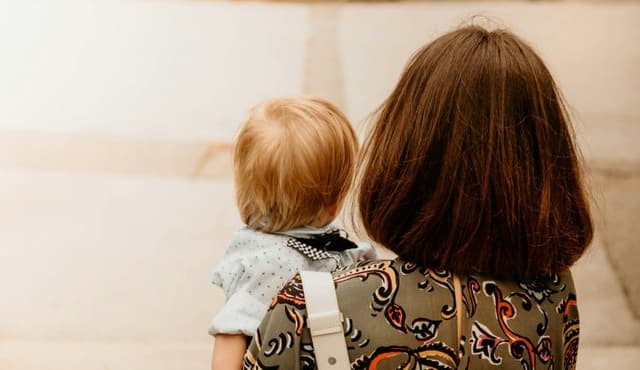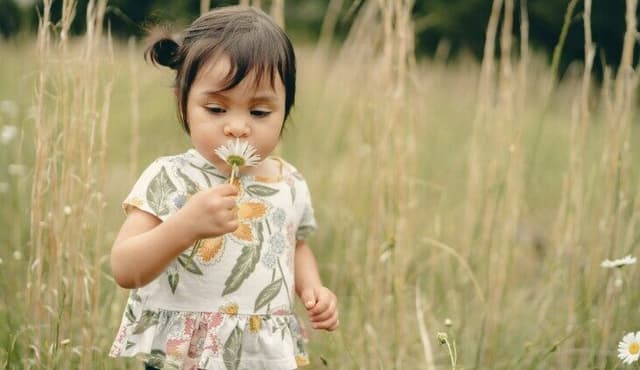NQF and Policy Changes
Updates to EYLF and MTOP approved by Education Ministers: Key changes explained

Freya Lucas
Jan 24, 2023
Save
Updates to Australia’s two approved learning frameworks - the Early Years Learning Framework and My Time, Our Place: Framework for School Age Care - have been approved by all Australian, state and territory Education Ministers.
“Approved learning frameworks are a critically important part of the National Quality Framework (NQF),” ACECQA said in announcing the new frameworks.“They guide early childhood teachers and other educators in the design, delivery and evaluation of quality learning and development experiences for more than 1.5 million children attending over 17,000 education and care services across Australia.”
No changes have been made to the Victorian Early Years Learning and Development Framework.
During 2023, approved providers and their services are encouraged to become familiar with Version 2 of the approved frameworks as they apply to their service, and begin incorporating the new aspects into their educational program and practice.
The original national learning frameworks will remain in operation alongside the new versions for 2023. The original versions of the learning frameworks will be revoked from early 2024.
Version 2 of the national approved learning frameworks are now approved for use under the National Quality Framework and are available on ACECQA’s website.
Key changes
The changes in both framework documents comprise a mix of clarifications and expanded explanations across the Principles, Practices and Learning Outcomes of the original Approved Learning Frameworks, and a smaller number of more substantial changes.
Three new principles have been added to both frameworks - one which promotes collaborative leadership and teamwork, one which focuses on sustainability, and one which centres on Aboriginal and Torres Strait Islander perspectives.
The main differences are a stronger connection between the frameworks and the National Quality Standard in areas such as sustainability, theoretical approaches, critical reflection, the importance of Aboriginal and Torres Strait Islander ways of being, knowing and doing, and inclusion.
Principles and practices
The new principles are:
- Secure, respectful and reciprocal relationships
- Partnerships
- Respect for diversity
- Aboriginal and Torres Strait Islander perspectives
- Equity, inclusion and high expectations
- Sustainability
- Critical reflection and ongoing professional learning
- Collaborative leadership and teamwork.
Cycle of planning
The updated learning frameworks also include a revised cycle of planning, found on pages 27 and 28:
Observe/Listen/Collect information:
Educators use multiple sources of information to gather and document different aspects of children’s learning, development and wellbeing. This can be undertaken across the whole curriculum and throughout the day, including during routines, planned and unplanned experiences, and interactions with peers, family members and other adults. Educators observe, listen to, engage with, and are attuned to children's dispositions, curiosity, discoveries, theories, perspectives, knowledge skills, involvement in learning and contributions to their own learning and the learning of others. Educators' knowledge, document and describe children’s capabilities and unique ways of belonging, being and becoming ensuring children’s and families’ voices are sought, heard and included.
Assess/Analyse/Interpret learning:
Educators draw on a range of sources of information including their professional knowledge and early childhood theories to clearly identify children’s strengths and capacities and consider these in relation to the Learning Outcomes and/or other assessment criteria. This includes children’s awareness and understanding of their own learning, including the embodied nature of very young children’s demonstration of their own learning goals. Educators draw on their knowledge and the expertise of the children, families, communities and other professionals they work with, to interpret their collection of information. Educators assess children’s learning and engagement in a variety of ways, in the moment and over time, and in diverse contexts for and with children.
Plan/Design:
Educators’ planning is inspired and informed by their thoughtful analysis of the information collected and their documentation. Using this analysis, they plan how to consolidate, enrich and extend children’s learning and thinking. Educators are intentional in their choice of appropriate learning and teaching strategies, content, resources, design of the use of time and indoor and outdoor learning environments. Educators ensure relational and place-based pedagogies are at the core of planning meaningful learning experiences for children and groups of children. Plans can be jointly constructed in collaboration with children and in partnership with families.
Implement/Enact:
Implementation is where the plans turn into action. Educators enact and review their planned learning experiences for individuals and groups of children throughout the day. They extend children’s learning during structured and spontaneous adult-led experiences, child-led play, mealtimes and personal care routines, and indoor and outdoor environments. Educators’ intentionality shines within the aspect of the planning cycle, where their learning and teaching strategies, engagement and thinking amplify children’s learning.
Evaluate/Critically reflect:
Educators use their assessment of, as and for children’s learning to evaluate the implementation of plans. Educators consider how meaningful and effective the plans have been for children’s learning development and wellbeing, giving considerations to children’s cultural and linguistic identities and diverse capabilities. Evaluation is a time of critical reflection to consider ‘What worked well and why?’, ‘What will I do differently next time?’ and ‘How can I further extend children’s learning?’ Critical reflection is a powerful tool for educators to consider the learning possibilities moving forward. Educators’ evaluation also identify areas for information sharing with colleagues and professional learning that will improve curriculum processes and practices
Resources to support
ACECQA has made a number of resources available to help the early childhood education and care sector to adjust to the changes including:
- Information Sheet – Approved Learning Frameworks overview
- Overview of changes online video
- ‘What’s changed?’ fact sheet for the EYLF V2.0
- ‘What’s changed?’ fact sheet for MTOP V2.0
- Approved Learning Frameworks Update FAQs
- Mapping the updated EYLF to V9 Australian Curriculum
- Mapping the updated MTOP to V9 Australian Curriculum.
Don’t miss a thing
Related Articles



















